Grim reality of being the ‘face’ of an anti-bikie taskforce
It’s been a decade since Victoria Police formed the Echo taskforce — senior sergeant Wayne Cheesman took on the job like a bikie takes to a Harley Davidson.
Police & Courts
Don't miss out on the headlines from Police & Courts. Followed categories will be added to My News.
The big cop who became the “face” of an anti-bikie taskforce remembers the threats that came with taking on those who want to be known as the “baddest”.
It is now a decade since Victoria Police formed the Echo taskforce to disrupt and investigate Melbourne’s bikie gangs.
Among its foundation members was homicide investigator Wayne Cheesman, who went from solving murders to preventing them.
His new patch involved chasing men who wore patches, intimidated foes and above all, were committed crime to making money.
They had nicknames like Skitzo, Stiff, Two Guns, Snake and Ball Bearing.
A senior sergeant at the time, Cheesman took on the job like a bikie takes to a Harley Davidson.
His first order of business was to open a dialogue with club bosses while simultaneously investigating criminal activity within the gangs.
It was dangerous work.
“I had significant threats that were considered credible,” Supt Cheesman told the Sunday Herald Sun.
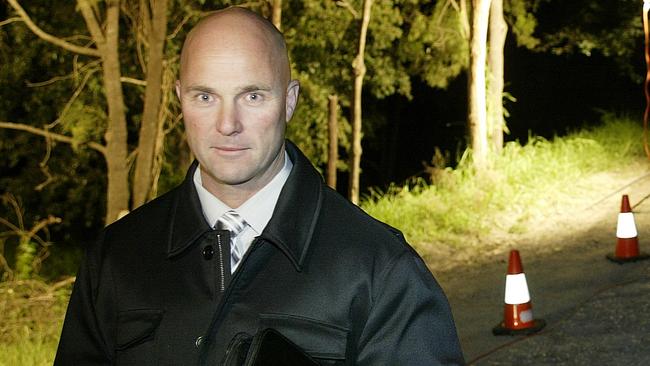
“I remember on one occasion I moved the kids to the back of the house.
“I was lucky I had dialogue with the presidents (of the gangs).
“To deliberately target a police member, I was confident it wouldn’t occur, but there were occasions I did think I should move the kids away from the window.
“They are certainly capable of committing such acts.”
Cheesman was shocked to be picked for the taskforce, which came after years of police ignoring the organised crime threat bikie gangs posed.
With the exception of probing the murder of Bandido member Ross Brand while a homicide Detective, the Outlaw Motorcycle Gang (OMCG) world was foreign to him.
“I didn’t know anything about bikies,” Supt Cheesman, who is now a superintendent, said.
Politics played its part in the taskforce’s formation.
A crackdown by state governments in NSW, Queensland and South Australia on bikie club members associating and wearing club “colours” had gang bosses on the move to Melbourne.
Victoria had been dubbed “Switzerland” due to its lax anti-association laws.
It resulted in then Victorian Premier Ted Baillieu vowing he would rid the state of them.
Supt Cheesman was the face the bikie bosses came to know.
And his message was clear. The Echo taskforce and the big blue gang behind it was here to stay.
Among the first bikie bosses he visited was Jay Malkoun, who headed up the Comanchero outfit.
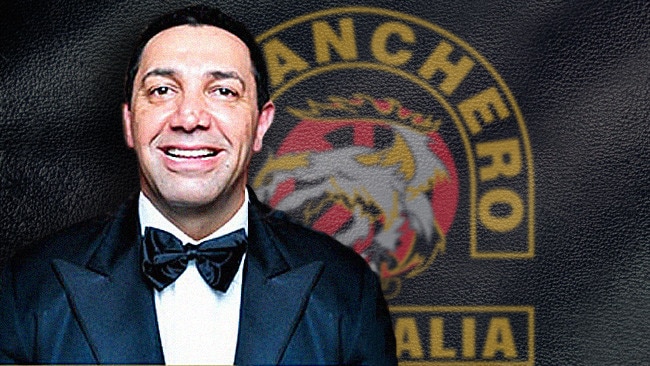
The smooth-talking underworld figure gave him a tour of their South Melbourne clubhouse complete with snake pit and stripper poles.
Then came the threat. Overzealous policing of his gang would have murderous consequences.
“What will be, will be,” Supt Cheesman cooly responded.
But the reality sunk in for the gang bosses of the Comanchero, Hells Angels, Rebels, Bandidos and emerging Finks and Mongols to name a few.
“They realised that with 100, 200 or 300 members in a club they could not compete with a police force of 13,000,” Supt Cheesman said.
“They were switched on enough to know there had to be a dialogue.”
At the time most of the “Big Five” bikie gangs were holding their national runs in Victoria, which was a starting point for talks.
Echo taskforce would be informed about the “runs” and have a presence at them.
“Victoria, because of its laws, had the lion’s share of national runs,” Supt Cheesman said.
“We had to manage that and give the public the reassurance we were monitoring them.”
The other message delivered to club presidents was simple: “You, as the leaders of these gangs, will be responsible for your members.”
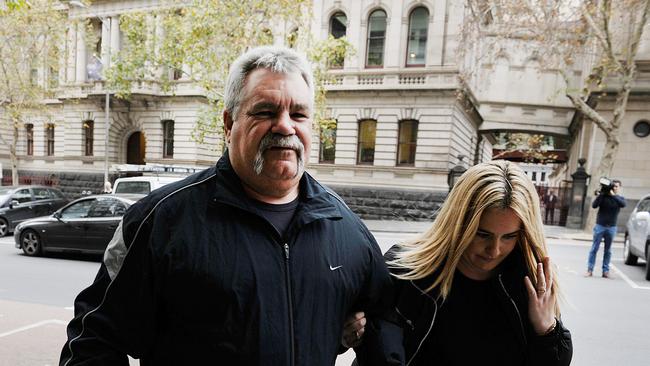
Also known as “consequence policing”, it was made clear that every action would have a reaction.
Bikie bad behaviour, in other words, would result in heavy police scrutiny from road checks to raids and arrests.
“The leaders of these clubs were always saying we have control of our members,” Supt Cheesman said.
“So we let them know, if they played up there would be a response. We were going to hold them to account.”
High-end crime, gang war and murder would take deep resources to unravel.
The cornerstone of organised criminality, illicit drugs, along with firearm dealing, would not be put in the too-hard basket any longer.
“There was an understanding that if they chose to go down that pathway, we would chase them,” he said.
“If we caught them fair and square they knew that was our job. But there were times we couldn’t get them.”
One of the crimes which remains unsolved is the 2011 ambush shooting of then-Bandido Toby Mitchell outside Dohertys Gym in Brunswick.
Mitchell believed, and still does, that Supt Cheesman prevented ambulances being able to get to him and that Supt Cheesman spoke to him as he lay bleeding on the bitumen.
The big burly officer had got into his head. The Detective was sitting in his office.
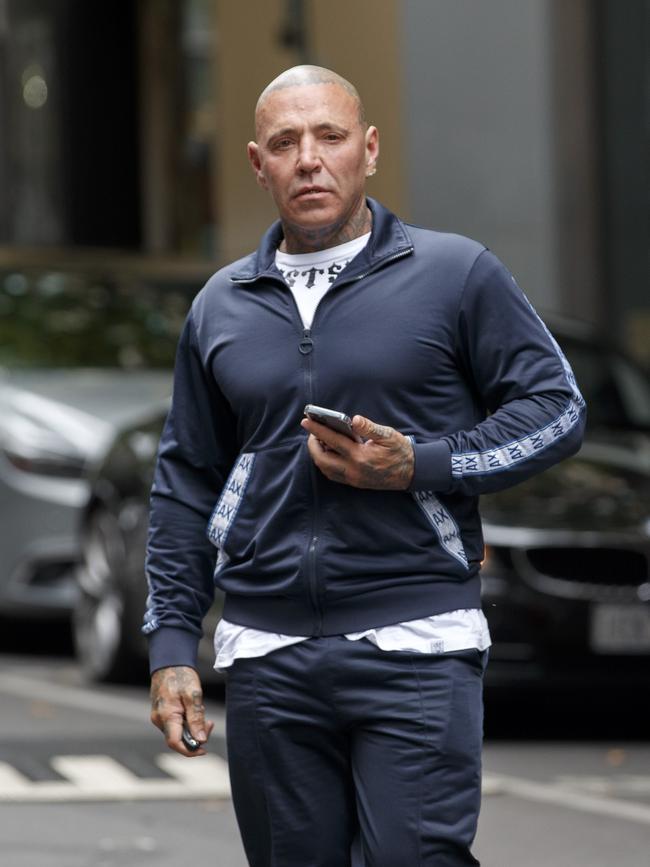
The attempted hit on Mitchell was a preview of things was to come.
As bikie numbers soared, violence erupted over turf battles, extortion and payback.
“They are dangerous as a collective,” Supt Cheesman said.
“In a gang you have to do what you are told to do.
“The lower ranking members are told you will go out and shoot up a rival clubhouse and they have to do it.”
Asked whether OMCGs are the most significant organised crime threat he said: “They sit somewhere near the top but the most serious, I don’t know.”
Cheesman’s time at Echo took him around the world and he is regarded as one of Australia’s foremost experts in the field.
“There has always been violence. But there is a lot more serious violence now,” he said.
“We have seen an escalation.”
Peter De Santo, Victoria’s former top gangs investigator, was the man assigned to taking Echo from a concept to an operating model.
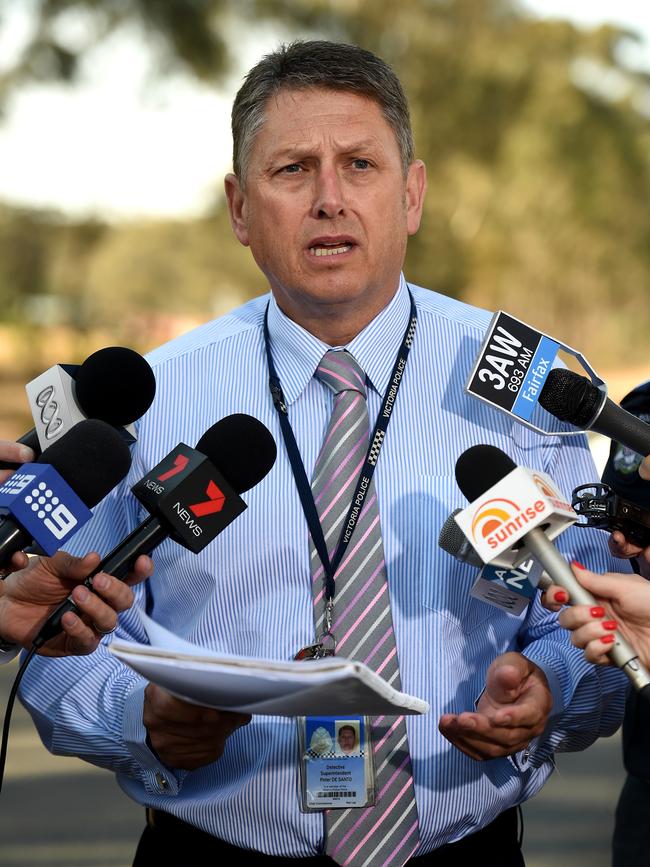
He said the early days were tough because the bikies had “a bit of a headstart” and had not been recognised by the force as an organised crime priority.
They started by “getting in the face” of gang members and making sure they knew the Echo name.
“It was a bit rugged. (But) we had a good team of people,” Mr De Santo said.
He said the Comanchero gang was emerging at this time and there was a trend towards recruitment of so-called ‘Nike bikies’, who never actually rode motorcycles but were happy to get involved in the crime side of things.
The taskforce ran major “day of action” operations aimed at disrupting the gangs.
Ultimately, he said Victoria played a big role in the nationwide Morpheus operation, which looked into the gangs’ international influence.
There was a rising recognition of the OMCG expansion into South-East Asia and their use of Middle-eastern localities such as Dubai for their operations.
“We started to get a picture of their global reach and power,” Mr De Santo said.
Morpheus would ultimately negotiate the kind of cross-border agreements which have seen key bikie figures turned back at airports when trying to get into countries like Indonesia and Thailand.
Mr De Santo said those destinations had become part of the OMCG model so they could hold high-level meetings without the risk of law enforcement scrutiny back home.
Since those days, Echo has evolved to the extent where it also has arms targeting Middle-eastern organised crime and the worst of Victoria’s street gangs.
Five inspectors, Chris Murray, David De Francesco, Ian Campbell, Marty O’Brien and the current incumbent, Graham Banks, have had charge of Echo in the past 10 years.
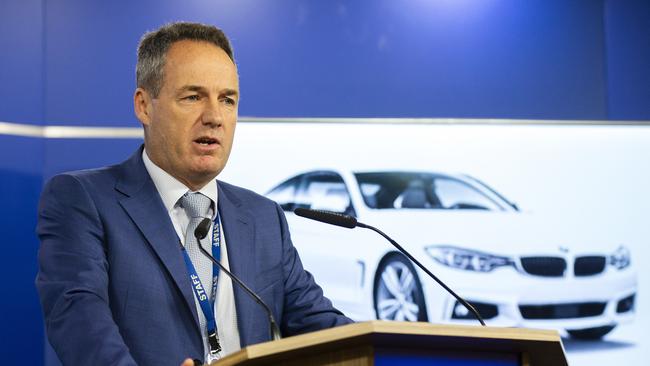
Insp. Murray, the first, recently spoke of how there was a belief Victoria did not have OMCG-related issues.
“It’s only when we scratched the surface that we saw the festering issues,” he said.
“They were a law unto themselves. We were out of the game and we wanted to get back in and start policing them, and policing them heavily.”
Insp. Campbell said one of the issues during his time was that tougher anti-bikie laws interstate were pushing the outlaws into Victoria.
Being ahead of the game through intelligence-gathering was a major priority during the entire Echo era, Insp. O’Brien said.
“Through covert and overt intel-gathering, we’ve prevented shootings, murders, arsons and a number of other serious crimes,” he said.
A major strike on the Victorian bikies came in mid-last year when Echo played a role in the worldwide Ironside law enforcement operation.
Fifty-eight arrests were made here after crime syndicates were blown apart by their ill-advised use of the AN0M encrypted app, which was infiltrated by police.
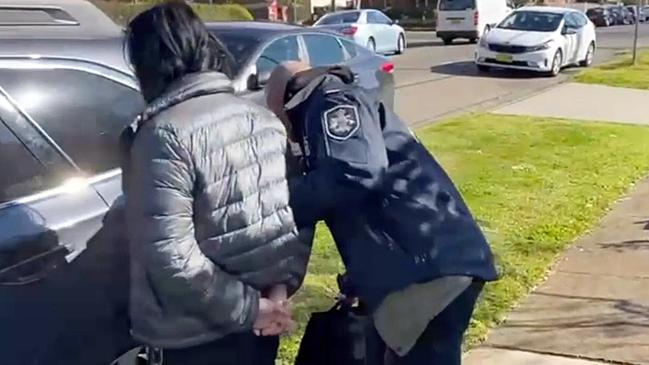
It was no overnight success, Insp. Banks said.
“What the public saw was that end result, the day of resolution with a lot of warrants, but the lead-up to that was months of actions we undertook to stop murders, significant violence, seize significant quantities of drugs on route to other places and seize firearms,” Insp. Banks said.
“And we had to do it all in a way that wasn’t going to blow the overall operation.”
Insp. Banks said the taskforce had a proactive ethos.
“While we do take on a number of jobs where the crime has already occurred, what we try to do in Echo is predict,” Insp. Banks said.
“With the OMCGs and MEOCs, we are predicting who is seeking to control serious and organised crime, and with gangs, we’re predicting who is trying to influence and direct young, easily-influenced people.”




